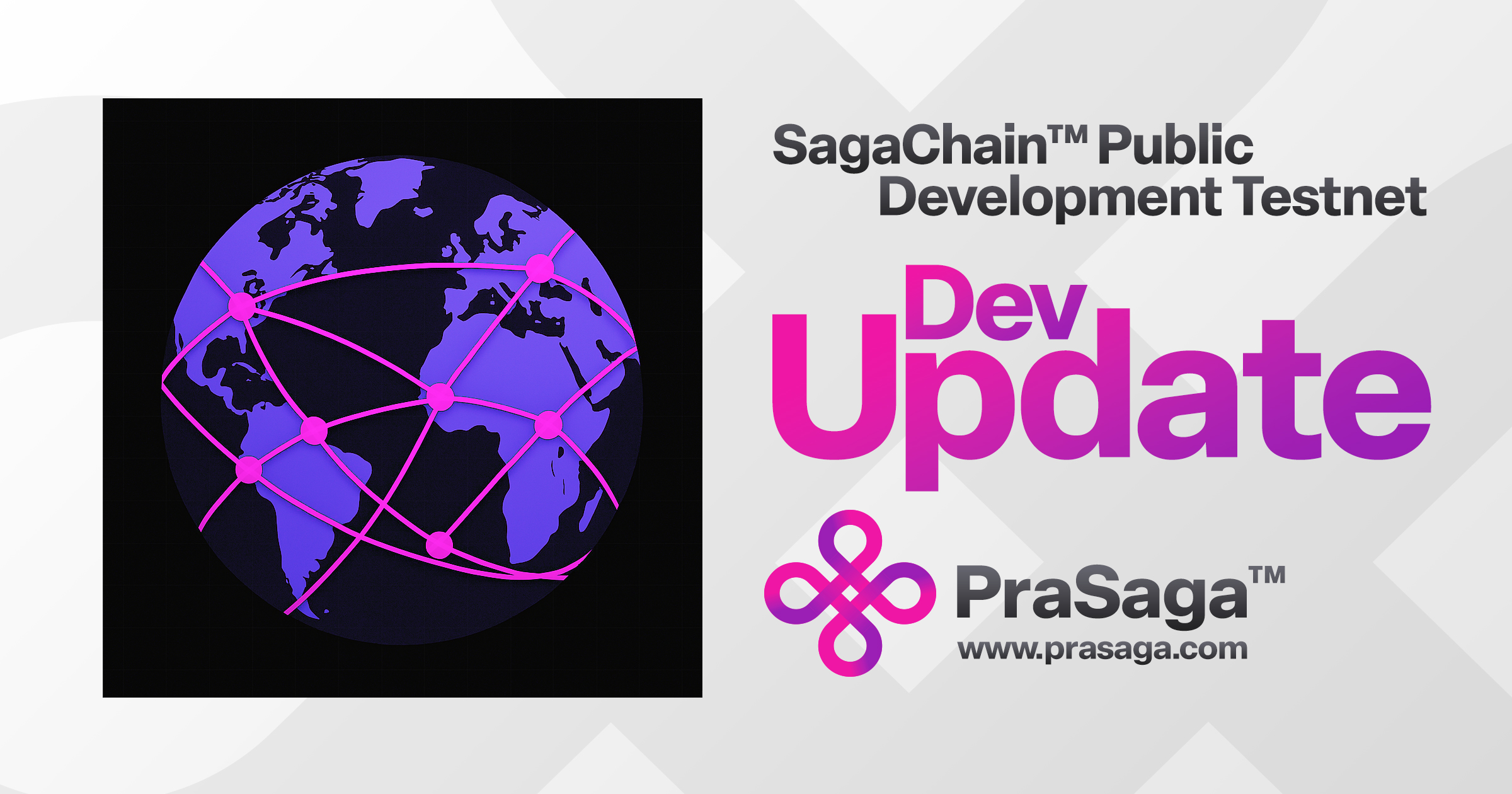A letter to Gary Gensler on PoS

A letter from David Beberman (Prasaga CTO) to Gary Gensler, on Proof of Stake
To
Chair Gary Gensler,
Commissioner Hester M. Peirce,
Commissioner Caroline A. Crenshaw,
Commissioner Mark T. Uyeda,
Commissioner Jaime Lizárraga
From
David Beberman
Dear Commissioners,
As a developer of new, “ground up”, blockchain technology I have concerns about the recent announcement. I read the recent statement that the SEC is considering all Proof-of-Stake coins as securities. I understand the concern about the scams in the crypto market, particularly the pump & dumps that happen regularly. However, from the limited information I have from the SEC, I’m concerned that the decision is overly broad and will prevent legitimate designs and implementations for blockchain and crypto technology unnecessarily.
Here is a proposal to separate out various forms of Proof-of-Stake to allow forms that seem to be securities and need regulation from those that are the digital equivalent of your own money.
In general, Proof-of-Stake means that a user has deposited the coin of the specific blockchain in an account specifically to operate a node on the blockchain. The intent is for the node operator to have some “skin in the game” so that they are disincentivized to act maliciously. In the general form, the coin is locked up, but remains under the control of the depositor. In some designs the account is completely owned by the depositor, with no other user access. While the stake is deposited, the node is operational, and the depositor may earn additional coin through transaction fees and minting (aka mining). This isn’t much different than any sole proprietor – from owning a “lemonade stand” on up.
This explicitly is not a two-sided transaction. That is, there is no one else on the other side of the staking deposit. This is not a stock purchase, a stock trade, an exchange of currency, as it is currently understood. It is strictly an operational piece of the blockchain. In this specific operational mode, it does not seem to be a security, even in the context of the Howey test. There was no sale. There is no exchange of property. There isn’t even an explicit statement of individual earnings of new coin. It is a lot more like going to an arcade (if they still have them), exchanging dollars for token coins, and then operating the machines with the token coins. Extending the comparison, in arcades it is common that you can’t turn the tokens back in for dollars, while in this type of staking, you can get your coins back. Implementations may have a delayed lockup release period which is another disincentive to for malicious actors, but that is not under the control of any other person or entity.
This is an important piece of technology because it enables certain improvements for performance and securing blockchains. Blocking this unnecessarily will block new legitimate technology.
Here is where a distinction can be made, where PoS is used, more closely resembles securities: Delegated Proof of Stake; and Staking Pools. These terms can be thought as roughly the same concept. In these cases, the user’s coins are not being deposited in to their own account, in the same manner as described above. Further, the user is not operating a node on the blockchain. Instead, a 3rd party is operating the node and providing a fraction of the transaction and minted coins to the staking depositors. This seems more like there is someone else on the other side of the deposit transaction. The depositor has a lot less control over their coins. One might consider this something like a variable bond. The earned coin is akin to coupon payments.
There are some Proof-of-Stake models that include something called “stake slashing”. This is intended to be another disincentive to malicious behavior. From the technology viewpoint, it works. But, from the viewpoint of securities risk, this does create risk for the depositor’s coin. Whether this model is used with staking pools or individually, because there is some risk of the initial deposit, this seems like it would act like a stock security, and could be thought of as a non-voting stock.
I would note that there are some technical computer networking and algorithms reasons that the delegated proof-of-stake model is being used. This is not strictly a financial issue.
Given the above statements, I would ask for clarification on proof-of-stake with the following as an acceptable approach that does not imply a security stock, bond, or any other instrument:
- The coin never leaves the control of the depositing user – meaning it is in an a blockchain account they have the key to.
- The node being operated is under the control of the user – whether implemented on their own machines or in the cloud.
- The technology does not include slashing, so the user’s coin deposit is never at risk.
This type of implementation does not seem to be either a stock or bond, and thus is much more strictly a digital coin just as is Bitcoin. In fact one way to think of it, is that the staked node is just a different form of the user’s digital wallet.
If these statements are followed, the staking does not act like a bond or a stock. This enables the positive aspects of staking in terms of disincentives for malicious behavior, increasing the security of the blockchain, without naïve users losing their deposits.
I would also note that following these rules does not preclude a business from building a bond-like, or stock-like offering “layered” on top, where such a business would be covered by existing business regulations.
Will review the full statement from the SEC.
Thank you for your time,
David Beberman
CTO Prasaga
[email protected]
More
-

SagaChain™ Public Development Testnet
Public TestNet, consisting of 4 shards, with 4 nodes per shard. This document highlights the limitations on this pre-release version.
-

Open Standard, Class Tree Implementation
PraSaga™ Foundation Announces SagaChain™’s First Open Standard Class Tree Implementation.
-

M2x SagaStandards™ Working Group (M2xSWG)
Introducing SagaStandards™, PraSaga Foundation’s International Open Standards Development Organization.
-

Cybersecurity SagaStandards™ Working Group (CSSWG)
Introducing SagaStandards™, PraSaga Foundation’s International Open Standards Development Organization.

